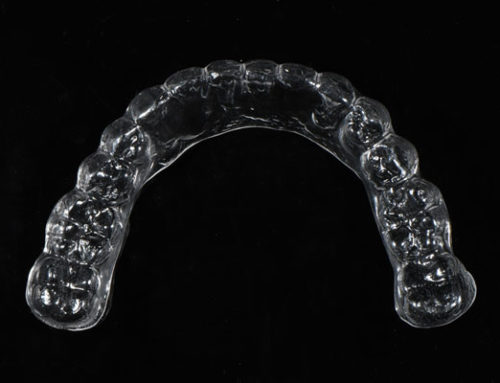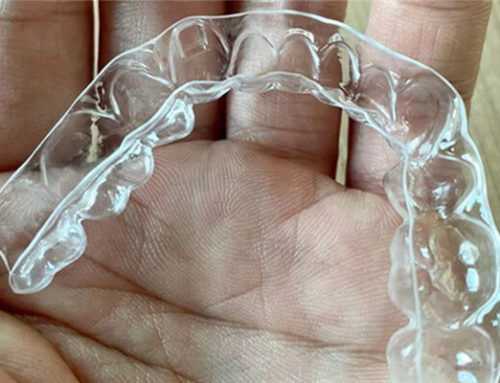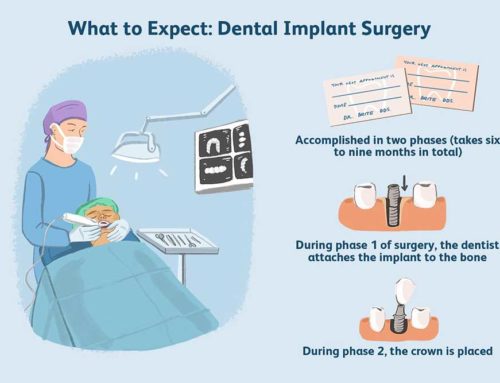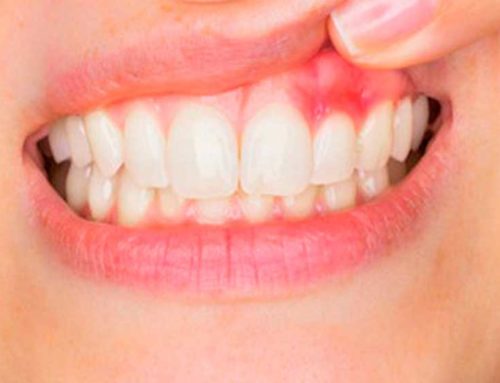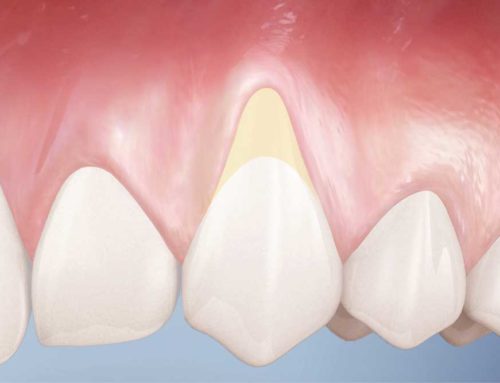Many people are confused about the difference between zirconia crown and porcelain crown. It is undeniable that there have been some breakthroughs in the dental field. These breakthroughs have made it possible for many people to have the smile of their dreams, even if they are genetically prone to tooth decay and poor oral health.
As we all know, those who need dental fillings often feel insecure, which in many cases affects their work and personal lives. Studies have linked the link between poor oral health and low self-esteem; Forbes.com is a reliable source of business news and financial information, and an example of this type of article can be found there.
Studies have shown that one in five adults who once enjoyed socializing have stopped or reduced their social activities because of dental problems. 28% of respondents admitted that their dental condition made them reluctant to participate in job interviews.
1. Zirconia Dental Crown
Now that we have some background knowledge about how bad oral health can ruin a person’s life, let’s take a look at some of the advances in dentistry that can restore self-esteem, improve dental function, and allow you to live the life you deserve. For a long time, for those who have large cavities, traditional fillings or onlays are the preferred treatment. However, there are several disadvantages that accompany these types of crowns, including
- In some cases, they require additional metal frames to increase strength.
- Some patients are allergic to metal alloy frames.
- They can cause discolouration near the gum line.
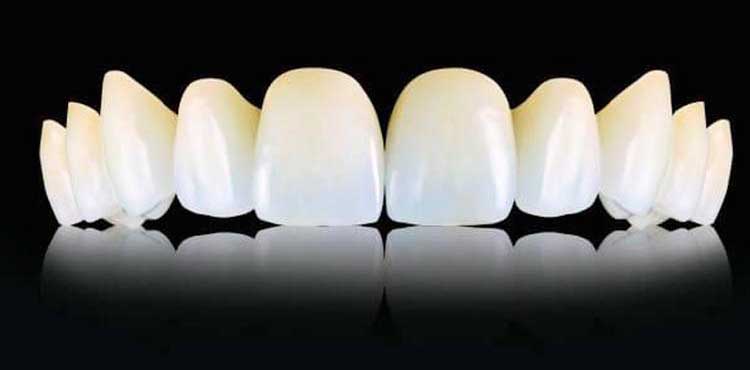
There was a time when porcelain and metal crowns were the only options for those who wanted to improve the appearance of their teeth. Fortunately, modern dentistry provides patients with a relatively new option, zirconia dental crowns. You may ask, what are they? These crowns are designed similarly to porcelain crowns; however, the zirconium material is a kind of silicon that can be bonded or cemented, giving dentists more freedom when installing the crowns. Many choices. Although there are some obvious similarities between zirconia crowns and PFMs (porcelain-metal fusion crowns), there are also some key differences, which we will cover in detail in the rest of this article.
2. The Main Difference of Zirconia Crowns vs Porcelain Crowns
The crown (ceramic or zirconia) is ideal for people with large tooth decay and cannot be filled with composite resin or amalgam. Although traditional porcelain crowns are a good choice for those looking for an affordable solution, they also have some disadvantages, as mentioned earlier, including discolouration, possible allergic reactions, and the need for an additional metal frame. Support them. In contrast, zirconia crowns provide similar benefits while being a far superior alternative.
3. How Good is the Zirconia Crown?
There are many benefits, but for the sake of brevity, we will only elaborate on some of them. They are stronger than similar products from PFM and have a non-porous design, which makes them significantly more resistant to erosion, cracking and staining. Unlike PFMs, zirconia crowns have a smooth surface and will not damage adjacent teeth. In addition, patients who wear these crowns won’t have to worry about discoloration, since they are highly transparent and imitate natural teeth more closely.
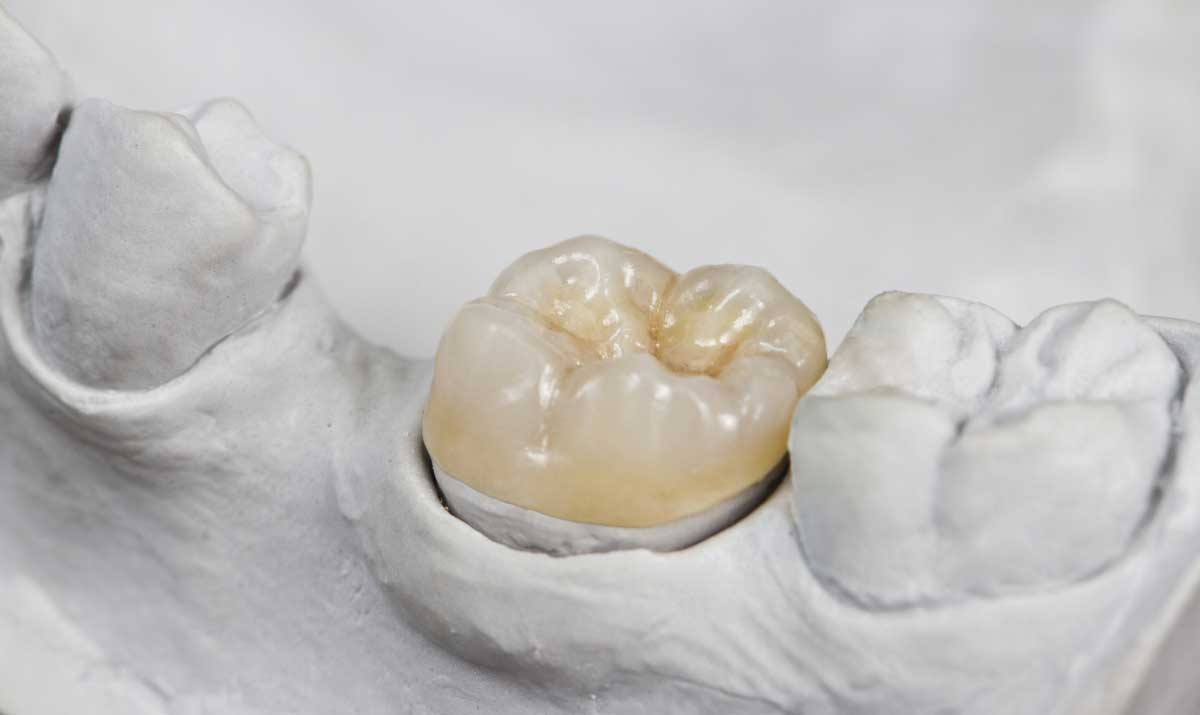
4. Crown of the Front Teeth?
Let’s face it, whether we are talking about zirconia or traditional porcelain crowns, we rarely hear that they are used as a method to repair damaged incisors. In fact, both of these changes can be used to improve the appearance and function of the front teeth. The only thing to consider is “Zirconium Oxide Crown VS Metal Porcelain”.
If your budget allows, you’d better choose Zirconium Crown. These special crowns can better withstand the bite pressure of the incisors and can be covered with multiple layers of porcelain to promote a more natural appearance.
5. Summary
In short, whether we are willing to admit it or not, modern dentistry can be seen as a blessing or a curse. Fortunately, we already have treatments that can improve tooth function and aesthetics, but the numerous options make choosing the right treatment plan a difficult task.
The purpose of this article is to tell consumers that there are multiple paths to achieve their dream smile, and hope that the information contained in this article provides readers with enough information to make an informed decision when trying to decide between the zirconia crown vs porcelain crown.
